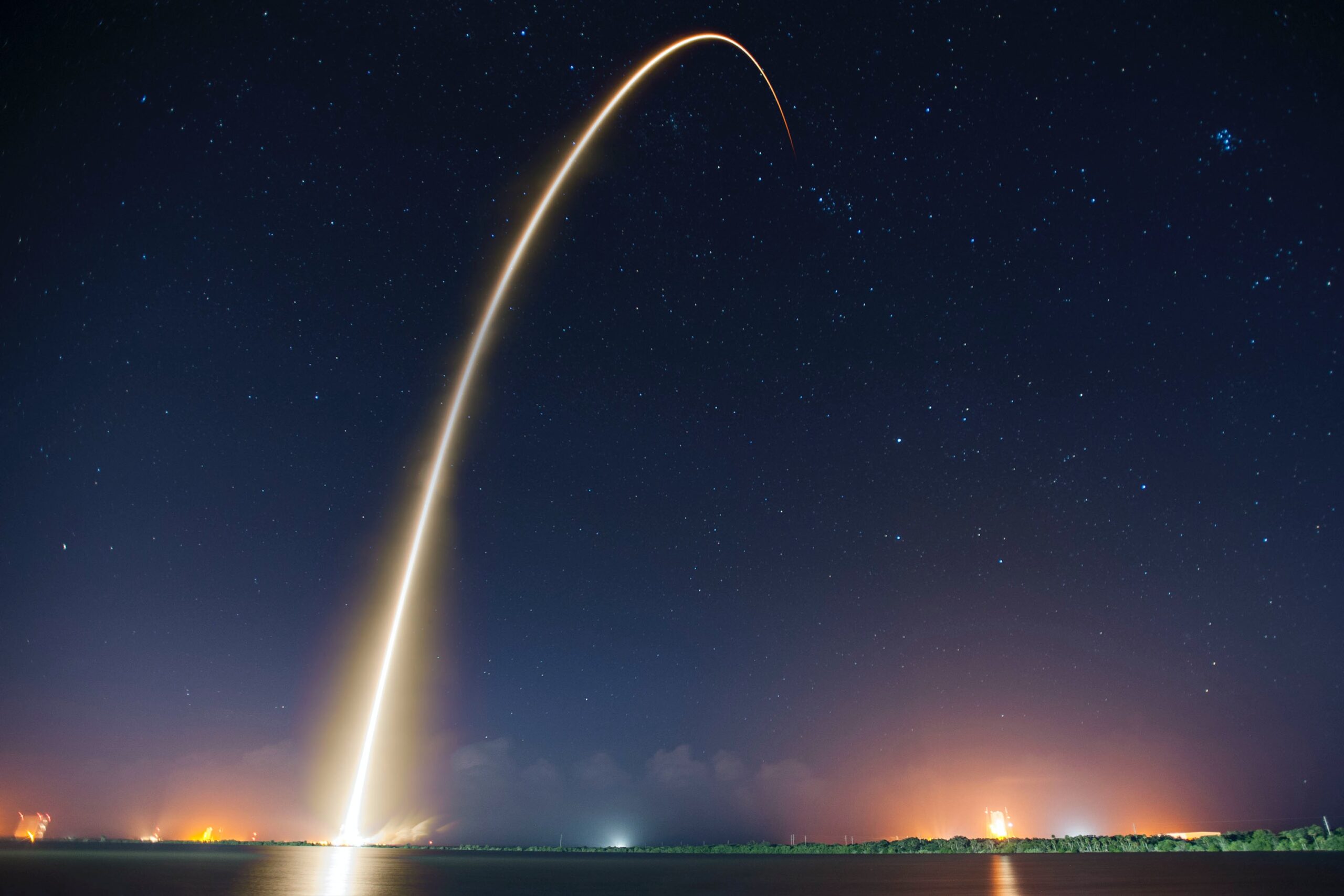The government is asking the public for their input on the future of aerospace in Aotearoa, seeking submissions on satellites, security, space exploration, and more.
On Monday, MBIE launched public consultation on New Zealand’s Aerospace Strategy and Space Policy Review.
The SMC asked experts to comment on what New Zealanders should know about the state of space research and policy in Aotearoa.
Professor Richard Easther, Department of Physics University of Auckland, comments:
“This is a big development. Space is becoming increasingly important worldwide, technically, scientifically and economically. New Zealand is in a remarkable position as we are one of a handful of countries that can launch satellites into orbit and we are the only small country that can do this independently of explicitly military programmes. Consequently, space policy is crucially important for us and represents a huge opportunity for the country.
“There are two parts to this — developing a practical strategy to boost engagement with space — the tech and science communities want to see quick, bold moves to take advantage of the opportunities in front of us. On top of that, the policy asks how our values as a country shape our space policy — this ranges from the military use of space through to the impact of big “constellations” like Starlink, which could lead to the night sky containing numerous fast-moving artificial stars. There are a lot of deep questions here, and many organisations that would normally think that “space” is not something they need to worry about will want to weigh in on this.”
No conflicts of interest declared.
Dr Maria Pozza, Gravity Lawyers and Adjunct Senior Lecturer, School of Aviation, Massey University, comments:
“NZ”s space industry is built upon a commercial foundation and, unlike other space-faring nations, not a military foundation. This means that commercialisation is an important foundational bedrock and focus for the development of Aotearoa’s space strategy. Therefore, things like commercial accountability and responsibility will be important points in this review coupled with the need for Aotearoa to maintain its commercial competitive edge as a premier location for commercial Low Earth Orbit space activities.
“The review is likely going to need to consider how Aotearoa will bolster its drive towards sustainability in space activities whilst ensuring mitigation of contributing towards the space debris problem. i.e. ensure that activities conducted from New Zealand do not further contribute to the significant space debris issue, which the international community is still grappling with. Whilst the Space Act in New Zealand does require a plan to mitigate the effects of space debris as part of the application process, one of the issues that the review will need to contemplate is whether this plan should be expanded to address how the entity will ensure its activity is sustainable. This might also require entities to look at their supply chains as part of that assessment.
“Another important element concerns the delicate balance between national security over space activities and Aotearoa’s commercial space posture. New Zealand recently signed the Artemis Accords with the US concerning lunar exploration; the review will certainly need to take these principles into account especially how they will need to be reflected in Aotearoa’s commercial space posture balanced with national and international security.”
Note: Maria Pozza is a practicing lawyer at Gravity Lawyers.
No conflicts of interest declared.
